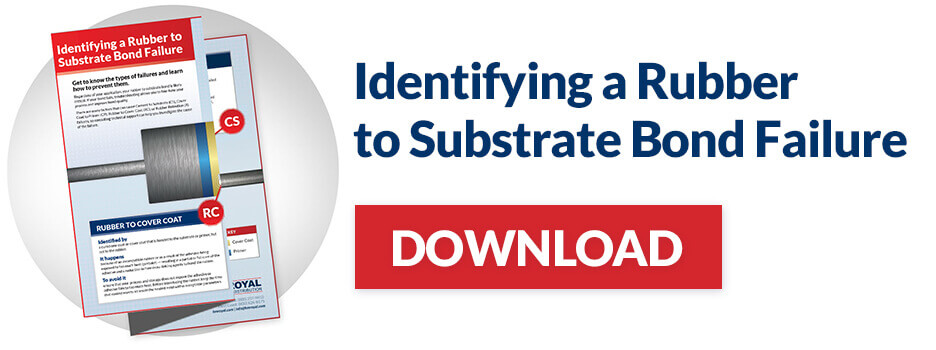The Combined Forces of Chem-Trend and DuPont Adhesives
Reading Time: 2 minutes
As a supplier of so many different compounding agents across industries, we often get a unique view of the types of products our customers use and how seemingly dissimilar chemical ingredients can work together in one compound to produce some amazing results. One of these instances is the unlikely yet harmonious pairing of a Chem-Trend release agent and a DuPont rubber to substrate (RTS) bonding adhesive. We’ve often found that if our customers have a need for one, they will most likely require the other. They’re the perfect pair! Read on to learn why:
What do Mold Release Agents and RTS Adhesives Have in Common?
Typically, the rubber molding process involves two hot rubber molds coming together to force a block of rubber into a shape. These rubber pieces are then heated to maintain the shape of the mold. In some cases, the rubber needs to be fully released from the metal mold. That’s where the Chem-Trend mold release agents come into play. In other instances, a strong adhesive is required to permanently bond a metal part to the rubber, and a compounder will need a bonding product such as the Thixon or RoBond.
DuPont RTS Adhesives Improve Rubber Molding
DuPont supplies us with rubber to substrate bonding adhesives for countless applications. Bonding rubber to a variety of metal and plastics requires a custom formulated adhesive system with strong, reliable and lasting adhesion. In order to meet all demands, DuPont offers several different types of RTS adhesives that are water-based:
- Megum: Used in polymer to metal bonding.
- RoBond: Polymer adhesive used most often in bonding polymers to substrates.
- Thixon: Diverse adhesive that can be applied to any number of materials.
Chem-Trend Mold Release Agents Expedite the Rubber Manufacturing Process
Chem-Trend Mono-Coat is used on the metal surfaces of the mold so that the rubber part falls out easily after the part is heat cured. Sound complicated? Think of it as spraying Pam on a muffin tin so that the muffins fall out after they are cooked. Chem-Trend offers silicone-based, non-silicone based, and water-based versions of the mono-coat for different rubber applications.
The combination of DuPont’s rubber to substrate adhesives and Chem-Trend’s Mono-Coat semi-permanent mold release agents enables us to provide every component needed for your rubber molding process. Supplying both types of products also allows us to help customers simplify purchasing processes and provide more efficient product development.
To request technical data sheets or more information on any of our products, contact us today!
 (800) 257-9452
(800) 257-9452



